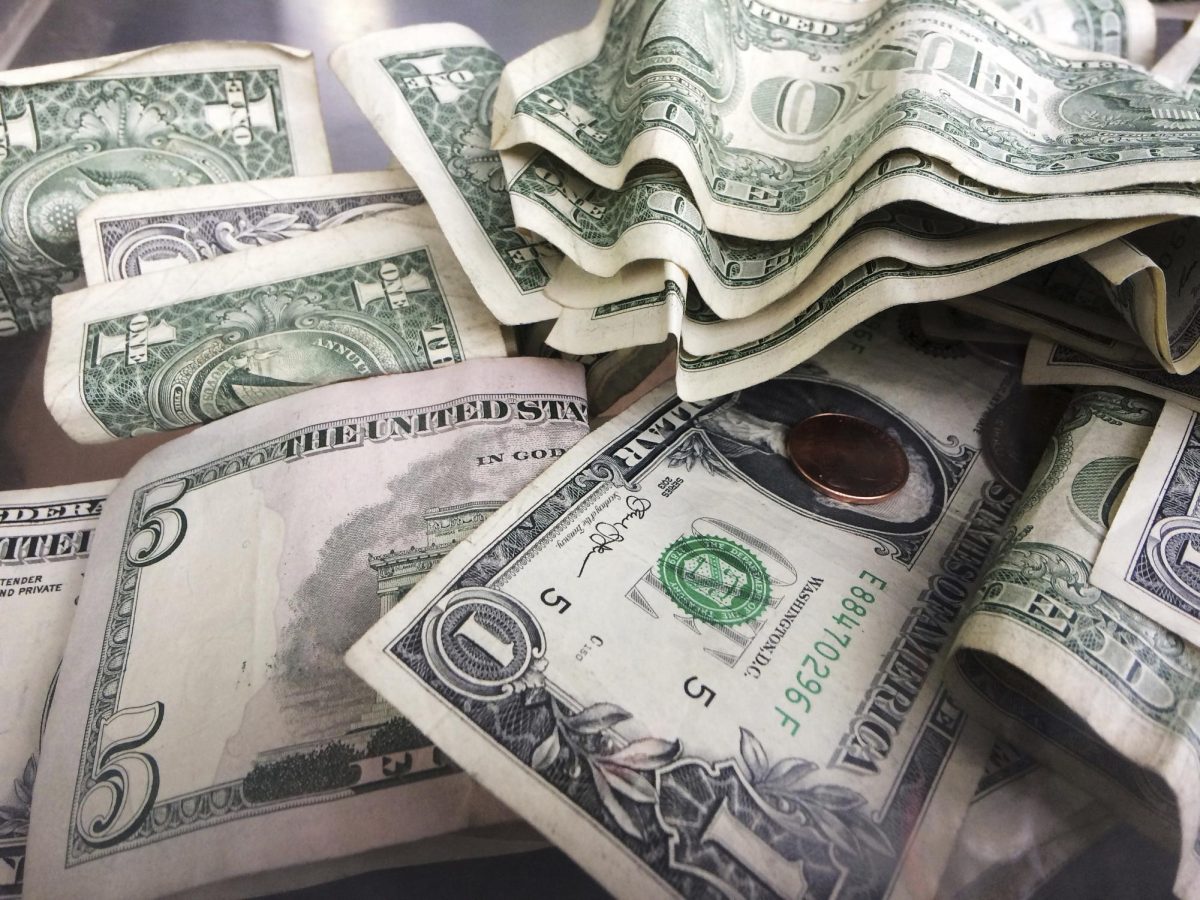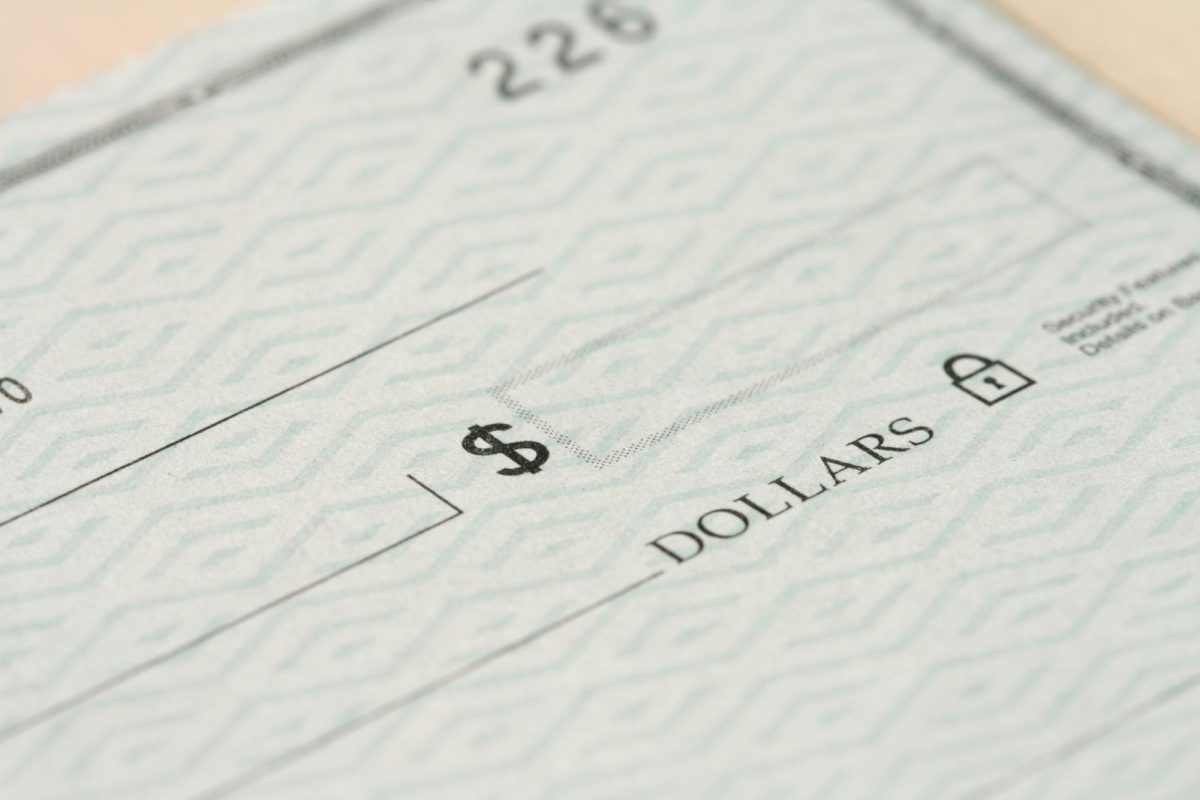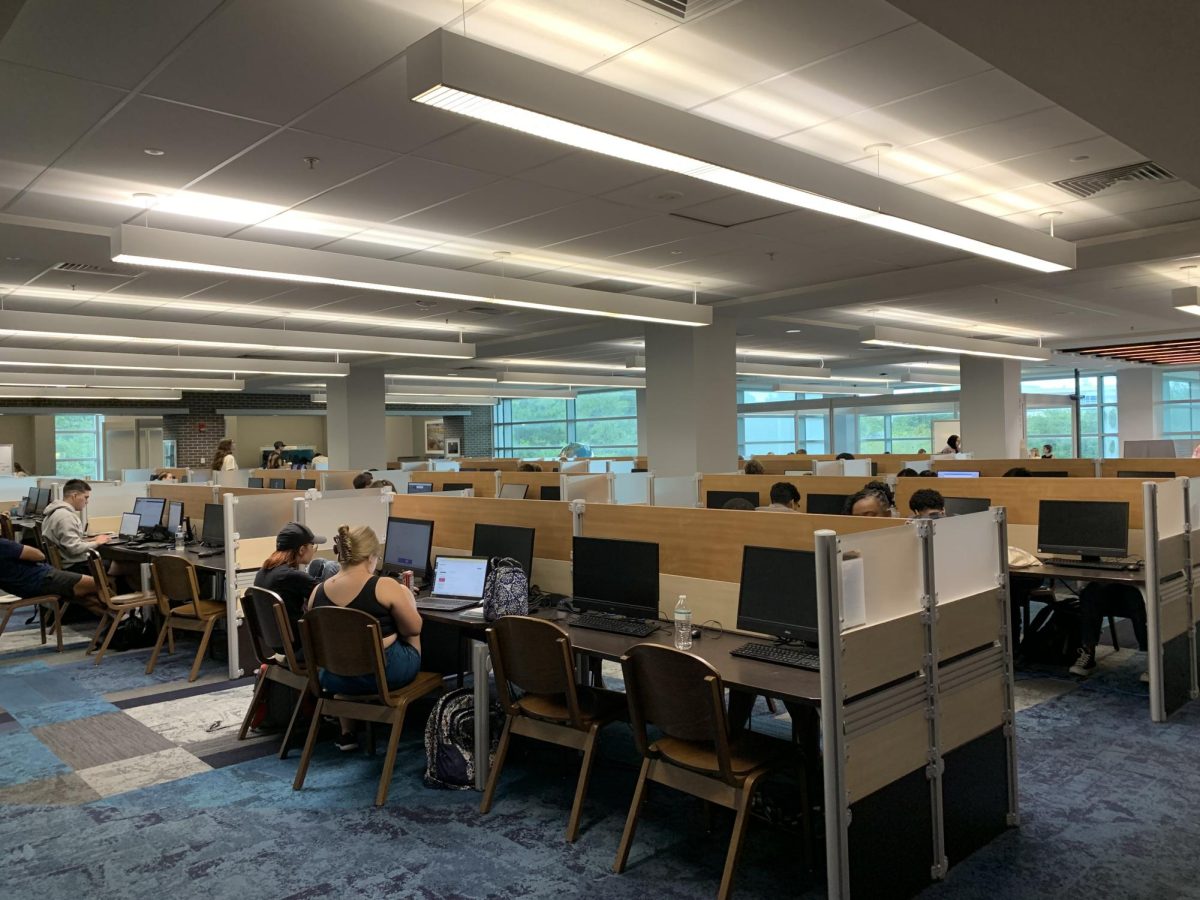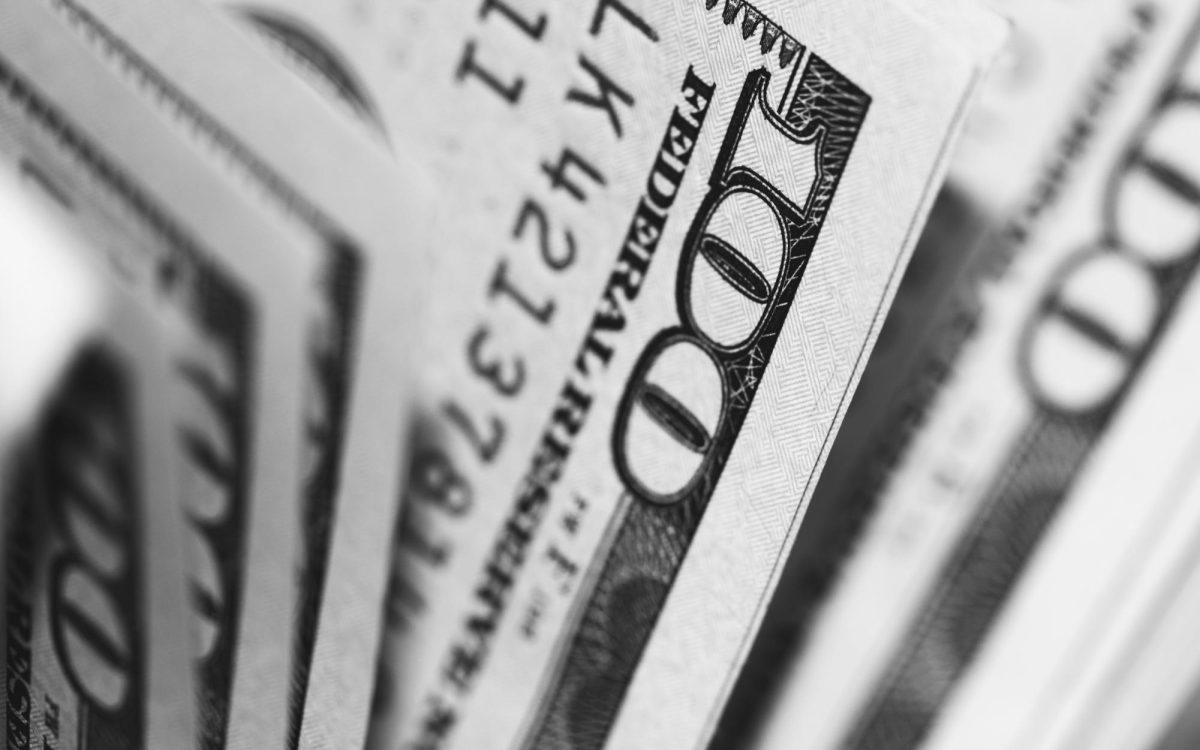For a while now, COVID-19 has halted travel plans, closed borders, and left people fantasizing about the days when they can officially travel again. While the pandemic is not over yet, brighter horizons of hope can be sensed as the vaccine becomes a beacon of light at the end of the tunnel.
While we don’t know when borders will safely open and travel restrictions will officially be lifted, we do know that the United States is vast with many cool places to visit. Not only can road trips be a fun adventure, they can be significantly cost effective.
Here are some ideas of how to save money when traveling by car:
Plan and have a budget
This is important. If you have a plan and general idea of what the trip is going to look like, you can map out your estimated cost and finances accordingly. Budgeting is a useful tool that aids in avoiding overspending. Figure out information like how many miles your trip is, where you will stop, and what you are planning to see. There are apps you can use to help you plan, and factor in these costs. Visit fueleconomy.gov to enter in your specific vehicle and route. It will then calculate accurate fuel costs for you. The app Road tripper Trip Planner lets you search for things to do and places to stay on your route. Make sure to plan ahead for surprise expenses that may arise. Maybe your tire blows out, or you need to stay somewhere an extra night, budget ahead for expenses that could come up. It’s smart to be prepared.
Stay somewhere cost effective
Hotels and Airbnb can be a great option. If you book them out pretty far in advance, you’re more likely to get a better deal. However, if you’re feeling adventurous and a fan of the great outdoors, maybe consider camping a few nights out of your trip. A lot of campsites are completely free to park and stay at night. If the grit is a little much for you, there are campgrounds that offer more accommodations such as bathrooms, showers, and spots to cook. Places like these you’ll most likely have to pay a small fee to park and pitch a tent, but even these places are significantly cheaper than hotels. Download the app iOverlander to find free campsites in your area.
Bring food (Don’t eat out the whole time)
Money spent on meals adds up quickly, even if the meals are relatively cheap. If you’re traveling by vehicle, it’s not necessary to eat out the entire time. Bringing food could pay off because in some areas food options are limited. Settling for fast food every day might not make you feel your best and most energized. Take a cooler with you and fill it with grab-and-go foods like premade sandwiches, fruits, veggies and dips. Bring water bottles for when there is nowhere to refill reusable water bottles. Stock up on snacks like pretzels, granola bars, nuts, and chips. You can even purchase a thermos to keep water hot. With this, you can make single-serve oatmeal cups or Kraft mac & cheese cups on the go. Consider bringing cereal and small milk cartons for breakfast as well. This will all save you some money in the long run. Restock on ice at gas stations for the next day.
Don’t fill up gas by the highway
If it can be avoided, do not fill up your gas tank on the side of the highway. These gas stations know you’re probably in need of a refill and therefore inflate their prices. Try to find gas stations offering cheap prices. Use the app Gas Buddy that helps you find cheap gas rates in your area.
Get your vehicle checked out before taking off
Breaking down in the middle of a road trip could result in costly, pesky repair fees. Get your car serviced before you take off and make sure your fluid levels, tire tread, tire pressure, lights, and wiper blades are all functioning properly. Low tire pressure can actually decrease your gas mileage over time. This is counterproductive.
Take the precautions needed to make your road trip the best it can be, and don’t forget to let loose and have fun.
___
For more information or news tips, or if you see an error in this story or have any compliments or concerns, contact editor@unfspinnaker.com.
















